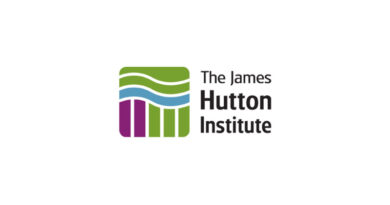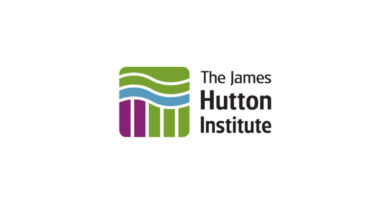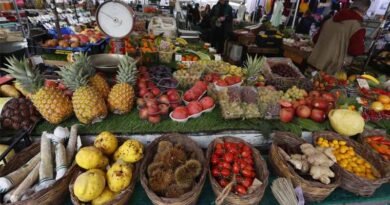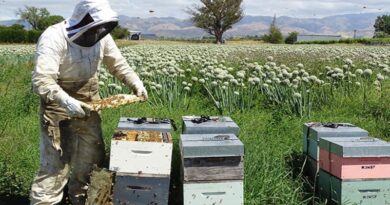Gene-edited crops market growth spurred by regulatory progress and approvals
18 January 2023, USA: Gene-editing (GE) is a set of novel techniques used to manipulate the genome of an organism at desired locations. It is being utilized extensively by the private and public sectors to develop new traits in crops of interest. There are currently more than 500 products are being developed worldwide using the technology and are at different stages of product development, ranging from basic research to advanced R&D and near-commercialization.
Currently, the private sector contributes to 43% of the total product development, with 5% of the products at the pre-commercialization stage and 49% in the advanced research phase. The most active companies in the agricultural gene-editing space are Corteva Agriscience, Yield10 Bioscience, Benson Hill, Arcadia Biosciences, Calyxt and Inari Agriculture.
The market for gene-edited products and traits is highly competitive as the competition for improving plant genetics comes from conventional and advanced plant breeding techniques and from genetically modified plants (GMs).
In the private sector, there are two types of players in gene-editing; large multinational seed companies and small gene-editing focused companies. Small gene-editing companies face challenges from limited market presence, lower financial and technical resources, limited R&D locations, and seed storage facilities, and they need collaborations with third parties to commercialize their products. Hence, we are observing a change in their business strategies, especially in row crops, due to competition with large players.
Unlike genetically modified organisms (GMOs), where trait development is focused on cereals and oilseeds crops, in gene-editing the research focus is more diversified by crops and traits, with around 23% of the products being developed for the vegetable segment, 7% for fruits and 3% each for ornamentals, legumes, and forage and grasses.
In vegetables, GABA tomatoes have already been commercialized in Japan by Sanatech Seed in 2021. In 2023, Pairwise’s gene-edited green leafy vegetable range, Conscious™ Foods, modified to enhance the palatability, flavor and colors for healthy snacking options, is expected to enter the USA market through retail channels and restaurants. However, 55% of the products belong to the grains and oilseed categories, both still dominating the product development by crops.
Through gene-editing, companies are not only diversifying crops but are also developing a variety of traits for biotic stress tolerance and modified composition, plant yield and abiotic stress tolerance, which was restricted to input-oriented traits in the case of GMOs. Traits are also being developed for bioenergy crops using gene-editing, and companies are also developing partnerships in the bioenergy space.
Examples of such alliances in alternate energy crops are: pennycress with Bayer (majority stakeholder) + Bunge + Chevron; Carinata with Nuseed (Nufarm) + British Petroleum; camelina with Sustainable Oils (owned by GCEH) + World Energy + ExxonMobil (25% stake in GCEH) + several agribusiness companies.
The ongoing Russia and Ukraine conflict has highlighted the importance of food security. Owing to the need for higher yields, governments worldwide are becoming more open to adopting GE agricultural products. However, potential regulatory requirements, trade barriers, environmental and ethical concerns, and consumer and retailer acceptance are all factors which might still slow the adoption of some GE crops and traits in certain countries, as with the established GMOs. Harmonization of GE regulatory policies in major agricultural producing and importing countries will remain the biggest challenge for the adoption and successful commercialization of technologies.
The USA, Brazil, Argentina, Paraguay, Ecuador, Colombia, Israel, and Chile do not impose any regulations on this technology. These countries accept gene-editing as equivalent to conventional breeding when used for genome modifications through a base pair addition or deletion (known as targeted mutagenesis and cisgenesis).
Countries including Canada, Nigeria, Russian Federation, Japan, Australia, India, Pakistan, the Philippines and Indonesia have clear rules and procedures in place for the case-by-case evaluation of gene-edited products and are considering targeted mutagenesis and cisgenesis as non-GM. However, the European Union, China (mainland), and the UK are developing a new regulatory framework for plants produced using gene-editing techniques.
Also Read: Union Bank sanctions loans for 150 Garuda Kisan drones under Kisan Pushpak scheme
(For Latest Agriculture News & Updates, follow Krishak Jagat on Google News)















